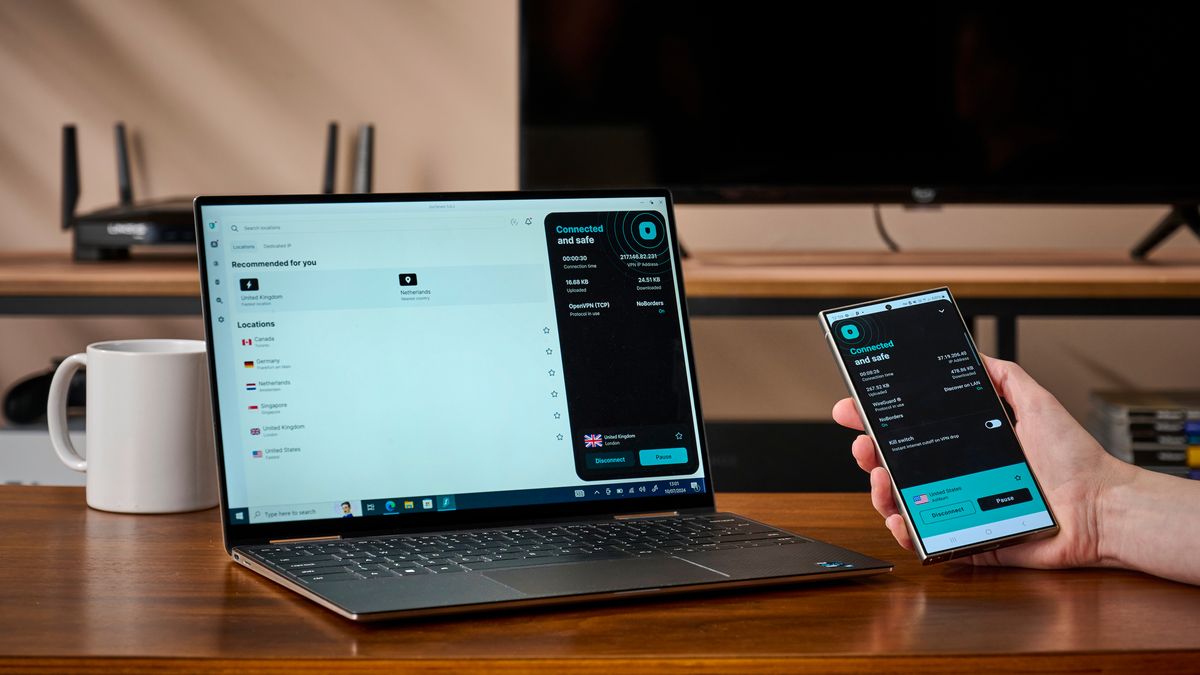
What's better than an AI chatbot that can assist you with tasks? One that can do them for you. OpenAI continues to build out its AI agents in ChatGPT with the launch of Deep Research.
Deep Research
Earlier this month, OpenAI unveiled Deep Research, an AI agent that can conduct multi-step research for you by pulling a robust amount of information from the web and synthesizing those sources for you in a comprehensive report. Once prompted, Deep Research can work entirely independently; it's like having a research analyst at your command.
Also: Google just made AI coding assistance free for everyone - with very generous limits
At launch, it was only accessible to ChatGPT Pro users, meaning you would have to pay $200 per month. Now, Deep Research is rolling out to more paid subscribers, including ChatGPT Plus, Team, Edu, and Enterprise users. However, the added users will have 10 deep research queries per month, compared to the 120 deep research queries per month Pro users have access to.
Deep research is now rolling out to all ChatGPT Plus, Team, Edu, and Enterprise users 🍾
— OpenAI (@OpenAI) February 25, 2025Powering Deep Research is a version of the OpenAI o3 model optimized for web browsing and data analysis. By leveraging o3's advanced reasoning capabilities, it can search and interpret massive amounts of content from the web, including texts, images, and more, and then output it in a report targeted to your needs.
Each report is generated in five to 30 minutes, depending on the task at hand. However, you can work on other tasks during that time, optimizing your workflow productivity. The finished report is output in the chat. Along with the update that expanded access to the feature, OpenAI announced deep research now includes embedded images with citations in the output and is better at understanding uploaded files.
Also: I was an AI skeptic until these 5 tools changed my mind
According to OpenAI, the same work would take humans hours. Furthermore, the agent is meant to be particularly good at finding niche information that would require humans to perform multiple searches.
The target audience for Deep Research includes those who do intensive knowledge work in finance, science, policy, and engineering -- and who need reliable, thorough research, according to OpenAI. Every report includes clear citations and a summary of the agent's thinking so that users can double-check the information for themselves.
Double-checking a chatbot's responses is generally good practice, as chatbots are prone to hallucinations. In particular, OpenAI warns that Deep Research "can sometimes hallucinate facts in responses or make incorrect inferences, though at a notably lower rate than existing ChatGPT models, according to internal evaluations." OpenAI also added that the agent could struggle to distinguish authoritative information from rumors and can fail to convey uncertainty correctly, highlighting the need for human review.
Performance compared
In the blog post announcing the feature, OpenAI includes the same side-by-side results of GPT-4o versus Deep Research to showcase how the same prompt generates very different results. The ones generated with Deep Research were much more robust and better organized.
Deep Research also outperformed GPT-4o on Humanity's Last Exam, a recently launched AI benchmark exam by Scale AI and the Center for AI Safety (CAIS) that tests various subjects on expert-level questions. Deep Research scored a 26.6% accuracy, outperforming GPT-4o, Grok-2, Claude 3,5 Sonnet, Gemini Thinking, o1, and even o3-mini high, which had just scored the highest score a couple of days prior, as highlighted by OpenAI CEO Sam Altman.
way back on friday, the high score on "humanity's last exam" was o3-mini-high at 13%.
now on sunday, deep research gets 26.6%.
OpenAI also published Deep Research's performance results on a series of other evaluations, including GAIA, a public benchmark that evaluates AI on real-world questions and an internal evaluation of expert-level tasks across different areas of deep research. In both, Deep Research had impressive results, even topping the GAIA external leaderboard.
Alternatives
If you want access to the feature now but don't want to shell out the $200 per month, Google has a similar feature, also called Deep Research, that is available to all of its Gemini Advanced users through the Google One AI Premium plan that costs $20 per month.
Back in December, Altman even replied to an X user who asked Altman to "do a deep research feature like Gemini but better," with "kk," suggesting that the newly released Deep Research feature is OpenAI's answer to Google.
Also: What is sparsity? DeepSeek AI's secret, revealed by Apple researchers
Recently, xAI also launched its own AI research agent, called DeepSearch. X Premium and Premium+ users have access to DeepSearch now, with all capabilities being rolled our to all Grok users with limits. The X Premium membership is $8 per month or $84 per year, while the Premium+ membership is $40 per month or $395 per year, according to X.
Microsoft also announced a feature capable of more thorough reasoning called Think Deeper, which allows users to leverage OpenAI's O1 reasoning model to deliver higher-quality responses to complex prompts. However, unlike Gemini, OpenAI's and Grok's agents, it doesn't have agentic capabilities or access to the internet. The biggest perk is that the experience is entirely free.

 7 months ago
86
7 months ago
86








 English (US) ·
English (US) ·